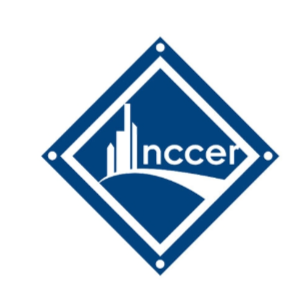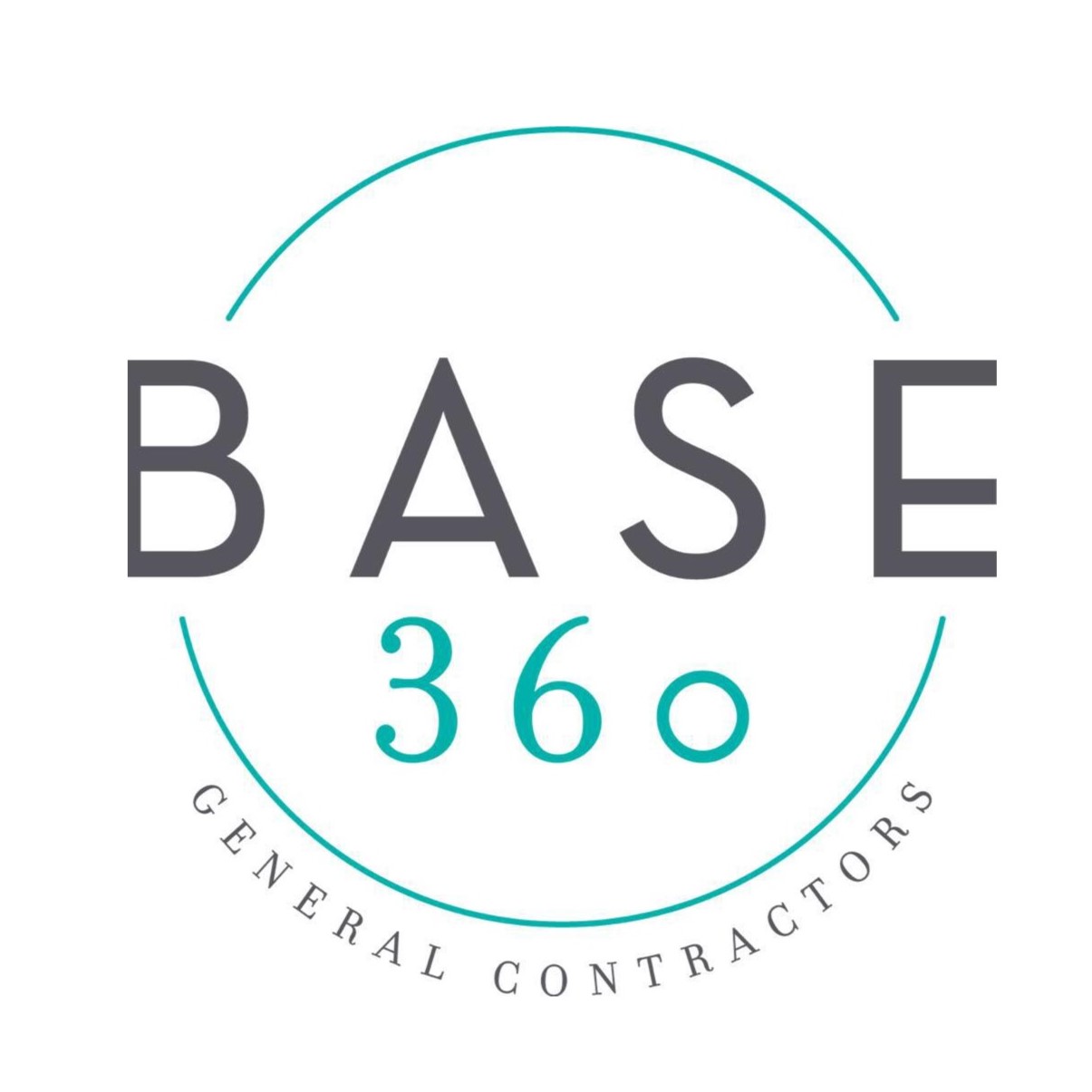Building Construction
Mr. Jay Adam Pearson
Building Construction is a career field that blends craftsmanship with modern technology to create and maintain the structures we depend on every day. With more than 10 million employees nationwide, the construction industry continues to grow, yet skilled workers are in short supply. This creates strong opportunities for students who can master both traditional construction skills and today’s advanced building technologies.
Our Building Construction program is part of the South Carolina Architecture & Construction Career Cluster. Students in this two-year program receive training in a wide range of construction practices that prepare them for entry-level positions in the industry.
What you’ll do:
- Learn building, inspection, and maintenance skills
- Work with tools and materials used in construction trades
- Practice safety and technical procedures for modern job sites
- Explore career opportunities across the construction industry
Certifications you can earn:
- Tier 1: OSHA-10
- Tier 2: CTECS: Building Construction
- Tier 3: Advanced certifications (TBD by state/industry updates)
Students earn two high school credits each semester and up to eight credits over the two-year program. Credits count as electives toward South Carolina graduation requirements, and one credit may fulfill the CATE/Foreign Language requirement.
Visit us: Are you interested in meeting Mr. Pearson and touring our Building Construction lab? After-school tours for prospective students and parents are available in December, January, and February. We’d love to show you the program and answer any questions you may have.
Year One: Building the Foundation
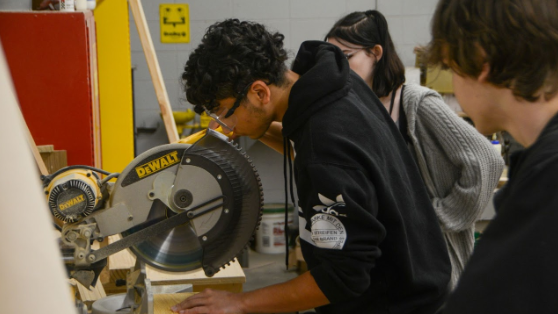
Building Construction 1 & 2 — (AM Session at Enoree)
Year one of the Building Construction program introduces students to the essential skills needed to begin a career in the construction industry while emphasizing safety, accuracy, and teamwork. Open to rising 10th and 11th graders, students attend Enoree Career Center during the morning session as part of their two-year commitment. Training focuses on the safe use of hand and power tools, blueprint reading, measurement and layout, and the fundamentals of carpentry, electrical, and masonry. Students apply these skills in hands-on projects, gaining practical experience in building, inspecting, and maintaining structures while learning the standards expected on modern job sites.
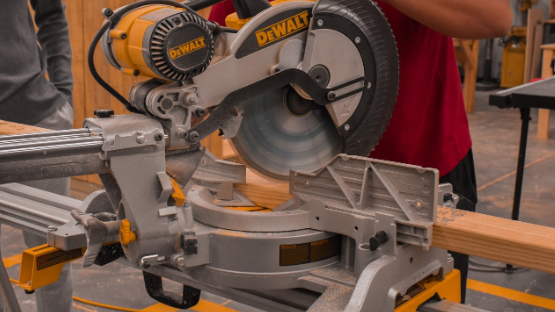
As students advance through Building Construction 2, training expands into framing, roofing, finishing, and advanced project-based work that simulates the responsibilities of a professional construction site. Students gain experience with a variety of building materials and techniques while developing the problem-solving and technical skills employers value. This foundation prepares them for advanced training, certifications, and real-world experiences in year two.
By the end of year one, students complete multiple hands-on projects that demonstrate their growing abilities and attention to detail. They leave with a solid skill base, strong safety knowledge, and the confidence to take on more complex projects, setting the stage for success in year two.
Year Two: Advancing the Skills
Building Construction 3 & 4 — (PM Session at Enoree)
Year two of the Building Construction program builds on the foundation of year one and challenges students to take on more advanced projects that mirror the demands of the construction industry. Students attend Enoree Career Center during the afternoon session as part of their two-year commitment. Training focuses on higher-level construction techniques, including advanced framing, drywall, finishing, cabinet installation, and specialty work that requires greater precision and efficiency. Students also strengthen their problem-solving and leadership skills while learning the importance of teamwork in professional construction environments.
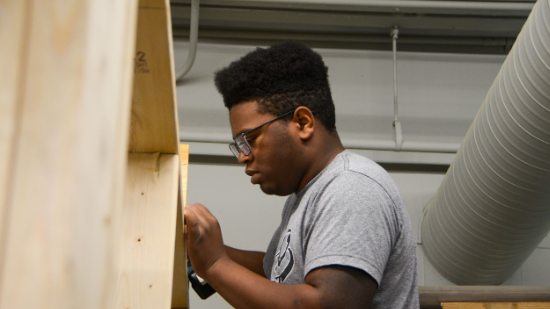
As students advance through Building Construction 3 and 4, they complete complex projects that require them to integrate multiple skills, from blueprint reading and layout to electrical and carpentry. Students are also introduced to shop and site management practices, including estimating, scheduling, and safety oversight. Instruction emphasizes efficiency, responsibility, and accuracy, preparing students to meet industry expectations.
A key feature of year two is the opportunity to participate in work-based learning placements with local contractors and construction companies. These experiences connect classroom training with real job-site applications, allowing students to work alongside professionals, gain valuable on-the-job experience, and build connections within the industry. Students also prepare to earn the CTECS Building Construction certification and may pursue additional advanced credentials, leaving the program with recognized skills, practical experience, and the confidence to transition into apprenticeships, technical college, or immediate employment in construction.
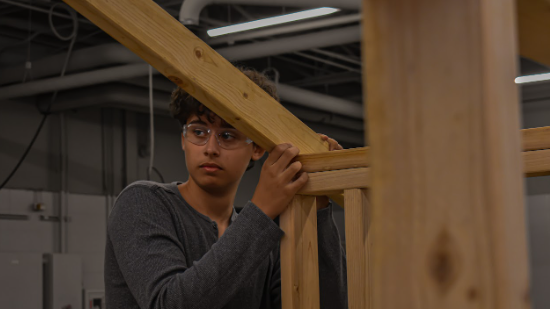
Career Opportunities
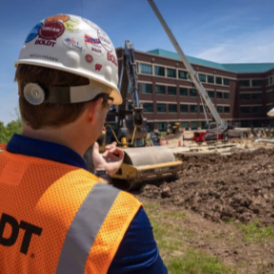

Construction Equipment Operator
In this role, you can expect to drive, maneuver, and control the heavy equipment and machinery used in a variety of construction environments. Successful traits include hand-eye coordination, physical stamina, and mechanical skills.
Salary - $49,100 per year on average, or $23.61 per hour
Civil Engineer
If you love the concepts of construction but don’t love being out on the job site, civil engineering is a great career path to explore, as people in this role spend a lot of time inside a trailer or office. Civil engineers design and supervise the construction of our world’s infrastructure which includes roads, tunnels, bridges, sewage systems, and more.
Salary- $88,570 per year on average, or $42.58 per hour
Construction Project Manager
Project managers are responsible for overseeing various aspects of a project from startup to closeout, including planning, coordination, and budgets. In order to succeed in this role, PMs need excellent problem-solving skills, the ability to handle high-pressure situations, solid organizational and budgeting skills, and strong leadership qualities.
Salary - $97,177 per year on average, or $46.72 per hour
Job Skills & Requirements
Each skill and trade requires a specific set of skills needed to master the content and job tasks. Below are a few critical skills and requirements needed to succeed in the program and throughout a career in this field.
- Environment: Be able to cope with a work environment that changes based on the weather, follow safety rules, and wear protective gear at all times.
- Attention to Detail: An ability to read and interpret precise measurements and apply geometric concepts
- Dexterity: Physical ability to lift materials, climb a ladder, work on knees, etc.
- Technical Skills: Know how to make calculations and read and interpret blueprints.
Available Certification Opportunities
(Click logos below for more information)
Local Work-Based Learning Partners
(Click logos below to visit our partners)
NOTE: Credits earned will count as electives needed for the SC high school graduation requirements. One of the credits earned may fulfill the CATE/Foreign Language requirement for SC high school graduation. Most 4-year colleges will NOT accept career center courses as a substitute for the foreign language college admissions requirement.
